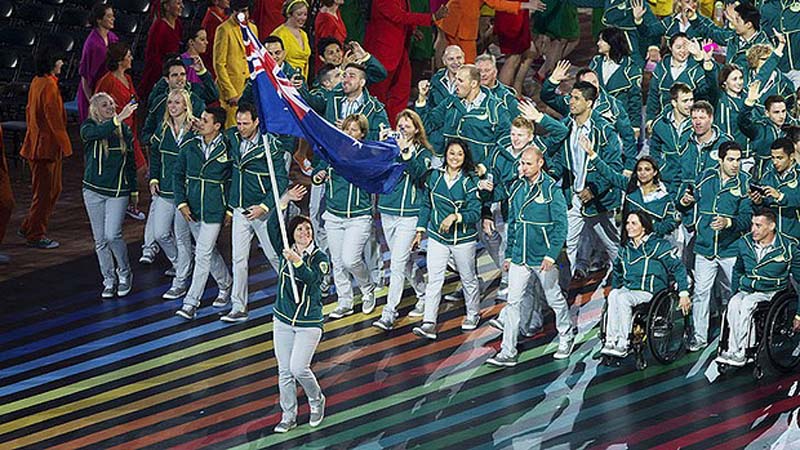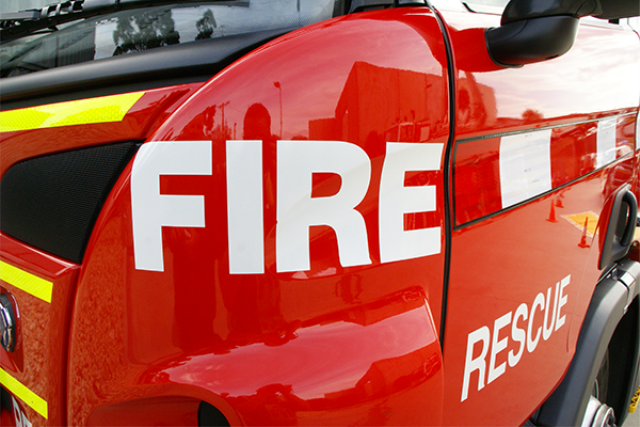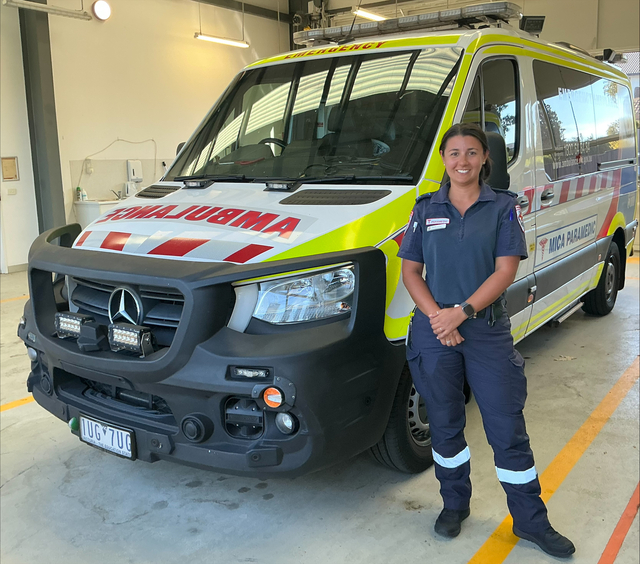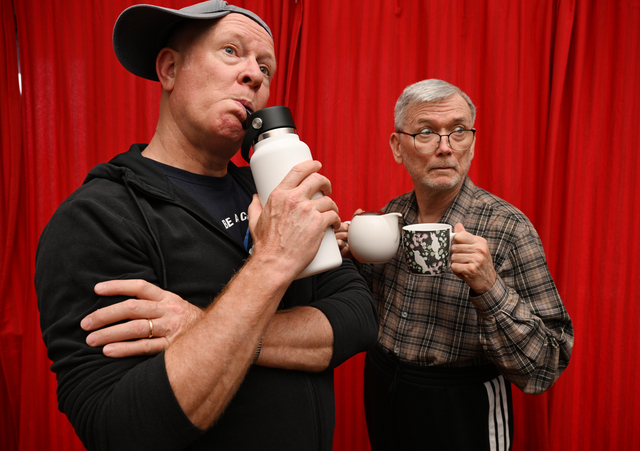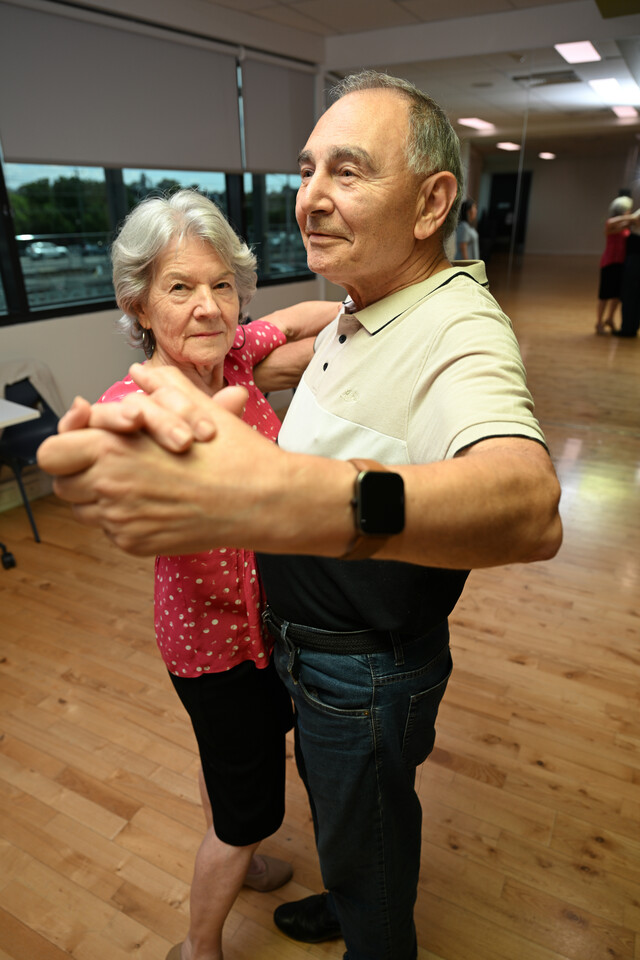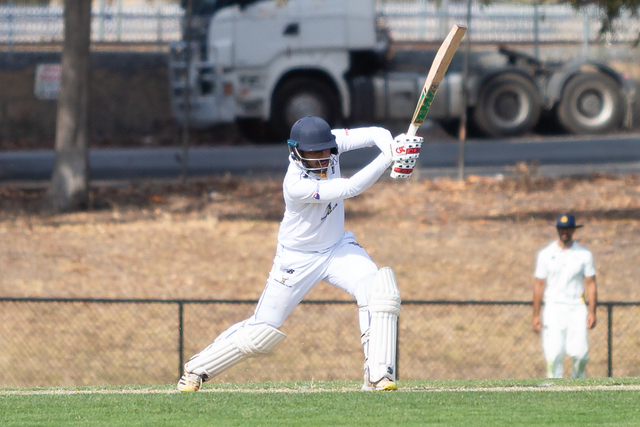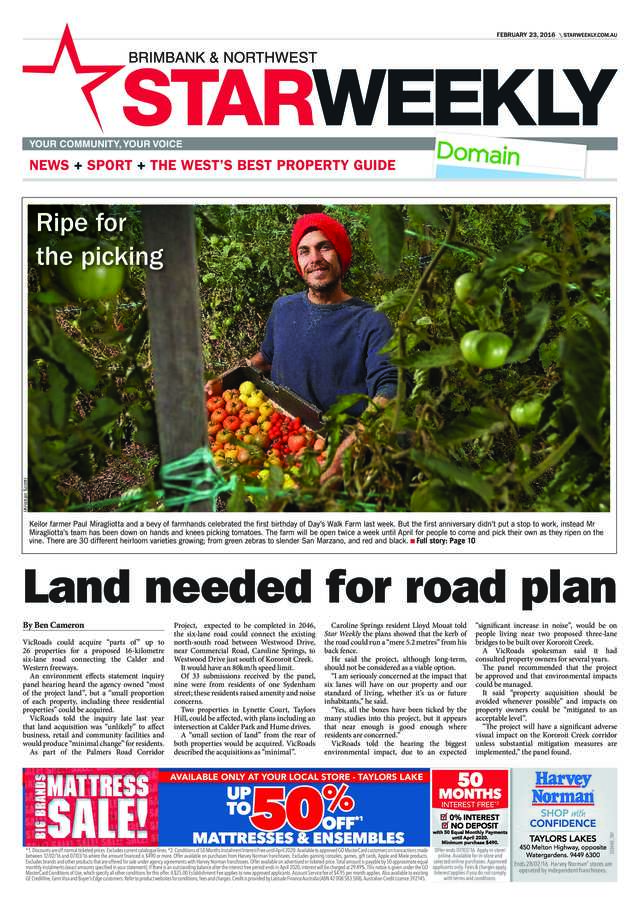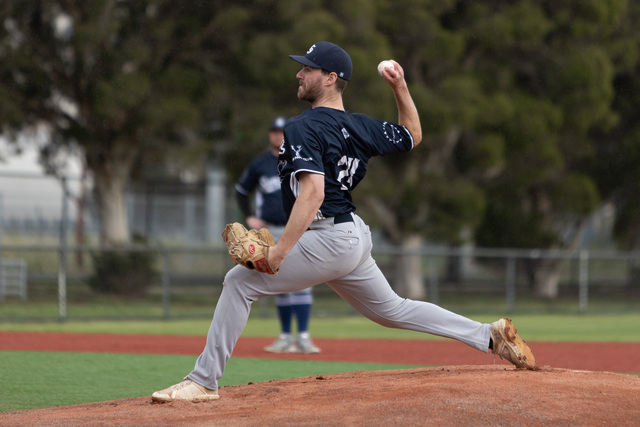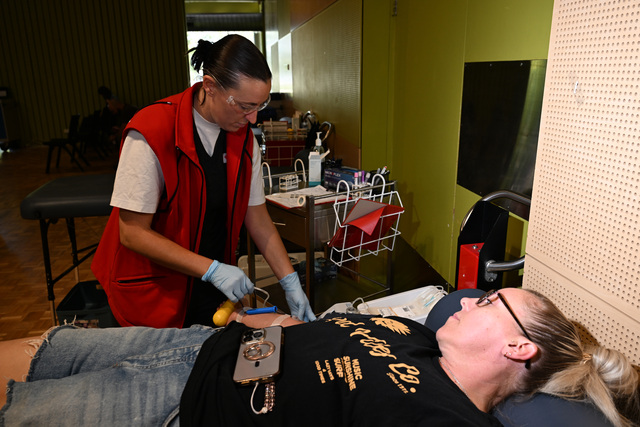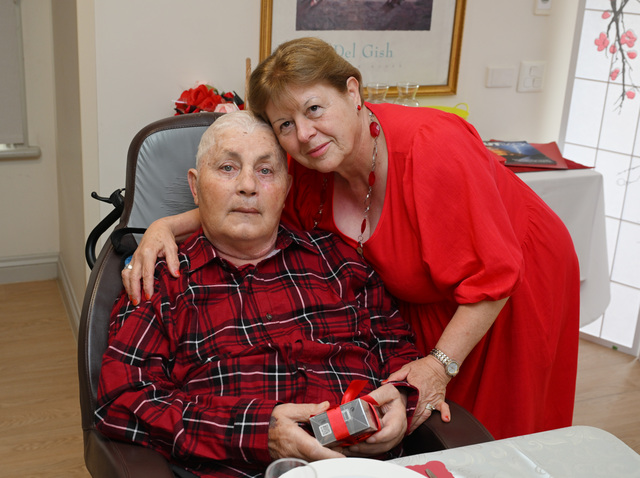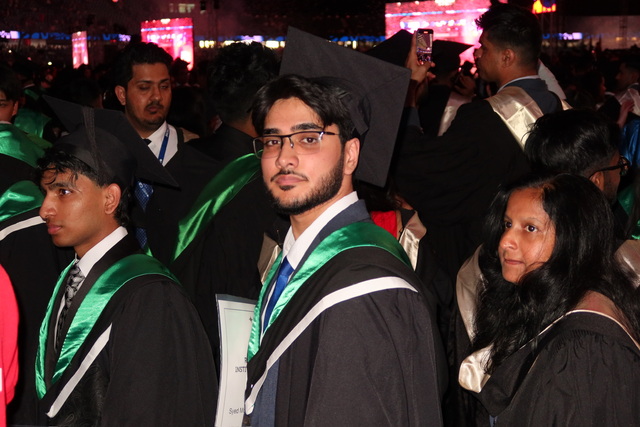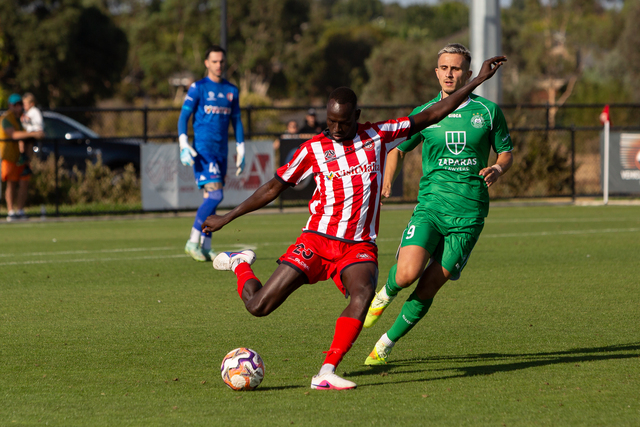PICTURE GALLERY: Commonwealth Games opening ceremony
The sharp intake of breath at Celtic Park came when, on the arrival of the Queen, the audience was asked to sing the national anthem. What was it to be? Flower of Scotland, the anthem of the host nation? Scotland the Brave? Or one of the anthems of the Glasgow football club that has made its home at Parkhead for a century and a quarter? Come Out Ye Black and Tans, anyone?
Instead, we had God Save The Queen, which was sung in a spirit of Commonwealth togetherness and regional reconciliation. In less than two months, Scotland will vote in a referendum for independence. National pride for Scots has rarely had a stronger moment of focus, and the Queen’s attendance was heavy with a complex and delicate symbolism.
In opening the Commonwealth Games at this venue, the monarch, with the Duke of Edinburgh, was taking a step in burying the sectarian past no less weighty than hosting Martin McGuinness and other former Irish rebels in London earlier this year. Sport has the double-edged ability to bring people together and also to divide them.
In Glasgow, Scottish football has long revolved around Catholic-Protestant rivalry, and for many years Parkhead was a place where an English team, as avatar of the Queen-supporting Rangers, would not have been welcome. The crowd did sing God Save the Queen, it did cheer Her Majesty enthusiastically, and it welcomed the English athletes with gusto. Still, the seats were an unchangeable green.
Otherwise, the opening ceremony turned Celtic Park, that has so often been a field of footballing battles standing as proxy for religious war, into a house of fun for the athletes of the 71 competing Commonwealth nations and territories. The football ground, remade as a stage enclosed within a rainbow-coloured hashtag, welcomed the Games with a display of Scottish creativity. The field swarmed with men in black dungarees and white shirts – factory workers, or baristas? – going about their work building ships and raising cranes.
The video screen rattled off a list of Scottish inventions, from the steam engine to television and pretty much everything else, in case you’d forgotten. What’s not to love about a country that turns engineering into theatre?
If Games ceremonies are any guide, Australians and Scots share the ability to laugh at themselves. Call it getting in first. There were shades of Ric Birch’s Matilda and inflatable cycling kangaroos in Glasgow’s spirit of national celebration as national self-parody: a blow-up haggis, giant kilts and shortbread, a model of the Forth Bridge upon pilons of Irn Bru, dancing golfers and whiskey and even Nessie, the 2014 Commonwealth Games opening ceremony left no Scottish cliché unturned.
The initial display then unfurled into a medley of Scottish music, starting with the traditional (the Royal Highlands Regiment pipes and drums), reaching to the contemporary (Amy Macdonald), and falling back on the sure-fire favourites (Rod Stewart, Susan Boyle, the Proclaimers).
There were innovations in the parade of the national teams. One was the procession of Scottish terriers, guaranteed to put a smile on the face and make the ceremony so chumpy you could carve it. Another was the sensible provision of chairs for the athletes to be able to sit down once they had entered. Rather than come in alphabetically, the nations were divided into continental groups, with the entry of each prefaced by an appeal for UNICEF.
So was part of the ongoing reason for the Commonwealth’s existence put under the spotlight, while clarifying another of those distinctions that separate these Games from the Olympics. Indian cricketer Sachin Tendulkar, who was beamed in by video to introduce the Asian section, may not be a world figure, but he is certainly a Commonwealth one.
Australia’s team, led by Anna Meares, came in to the strains of Back in Black by that greatest of Scottish-Australian collaborations, ACDC. The Young brothers, born in Glasgow, and the ghost of Bon Scott, born in Forfar, must have been smiling down.
It was Scotland’s night, from beginning to end, and the hosts – and Rod Stewart – could not be repressed. Billy Connolly delivered, via video, a message reminding the world that Glasgow was the first city in the world to give Nelson Mandela its keys, while he was in prison in 1983, and it renamed George Square in Mandela’s honour three years later.
What Connolly didn’t need to remind Scots was that at the same time Britain, led from England, refused to impose economic sanctions on apartheid South Africa. Scotland is determined to be its own nation. When violinist Nicola Benedetti played The Bonnie Banks of Loch Lomond, with its story of the 1745 Jacobite Uprising against England, the crowd broke out into spontaneous song.
RELATED
PICTURE GALLERY: Commonwealth Games opening ceremony

